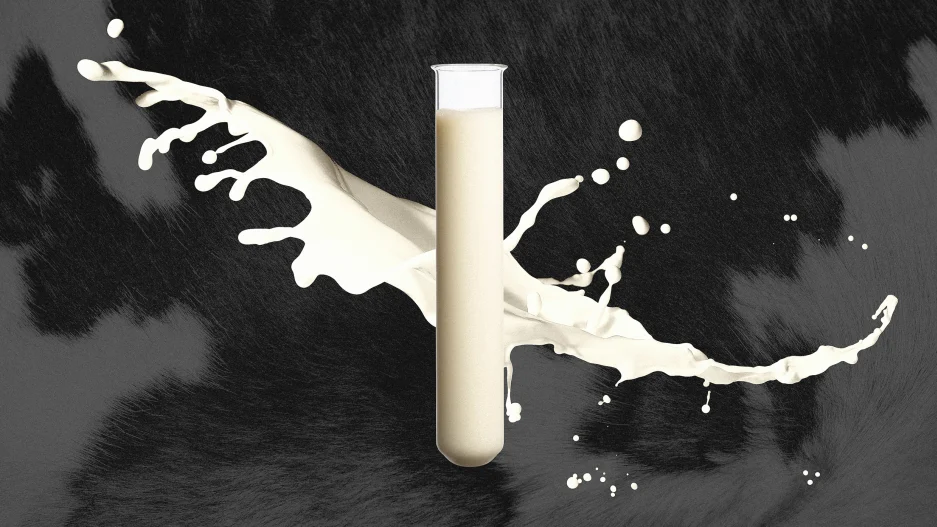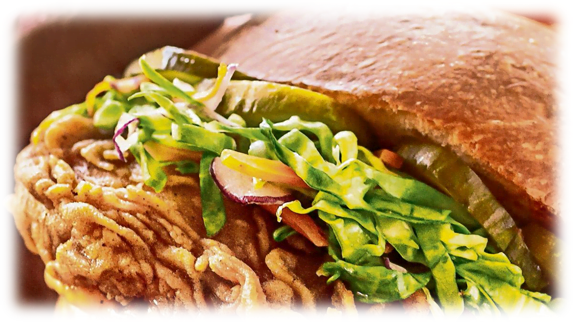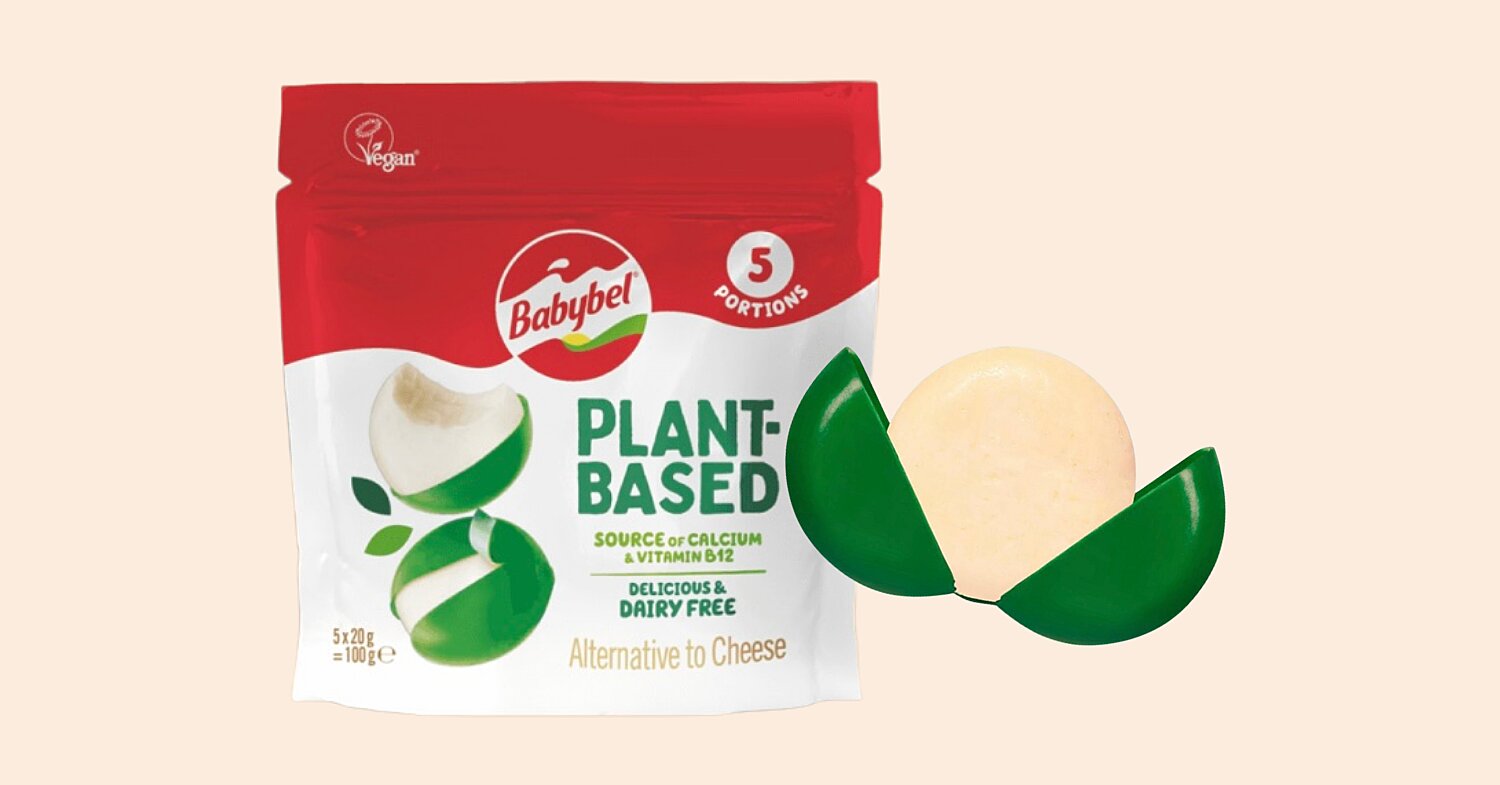There’s a new type of milk in town. And no, it’s not another plant-based milk alternative like soy, oat, or almond milk that one in six Australians now consume.
Introducing lab-grown dairy. A completely animal-free milk more sustainable than dairy that is expected to hit supermarket shelves by 2024.
More than 80% of the world’s population regularly consumes dairy products. Australia’s imminent introduction to lab-grown milk is through this guy, Jim Fader, the founder of Eden Brew. Using CSIRO technology, Eden Brew is a startup that has been developing synthetic milk at Werribee in Victoria.
The company is backed by CSIRO itself, Australia’s oldest dairy co-op Norco, along with venture capital firm Main Sequence. And it says its milk “produce[s] the same proteins found in cow’s milk using precision fermentation” while being completely lactose-free.
The end product feels and tastes like milk, according to Mr Fader, but needs “a bit of tinkering to get the right level of sweetness”.
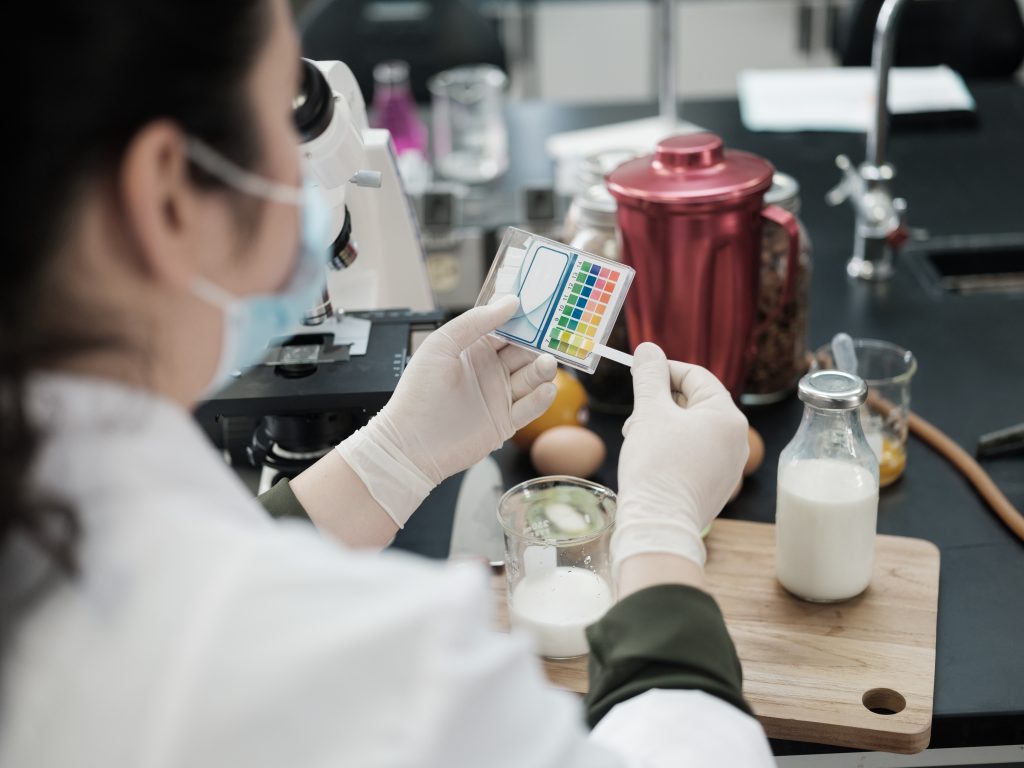
But How Does One Grow Milk In A Lab?
In its simplest form, the process involves inserting synthetic cow DNA into yeast. That then forms a protein called casein micelle, which is the essential building block for cow’s milk. These proteins go through a process of ‘precision fermentation’, an extension of your average fermentation process that helps produce cheese, yoghurt, beer, and wine.
Lab-grown milk is brewed, filtered, and dried to be rehydrated and turned into animal-free dairy products. Lab-grown milk can be lactose-free but still have other components of dairy like whey or casein protein, which is why it is being described as animal-free dairy.
Eden Brew expects their first product to be lab-grown dairy ice cream.
In the US already, consumers can buy lab-grown ice cream, cream cheese, and protein powder thanks to Silicon Valley start-up Perfect Day. Earlier this year, Australian company All G Foods raised $25 million to kickstart its milk alternative, which they are hoping within seven years will be cheaper than cows milk.
The companies all have the same goal — offering a product that is more environmentally friendly in the face of climate change. But is this dream of a cow-free future too good to be true?
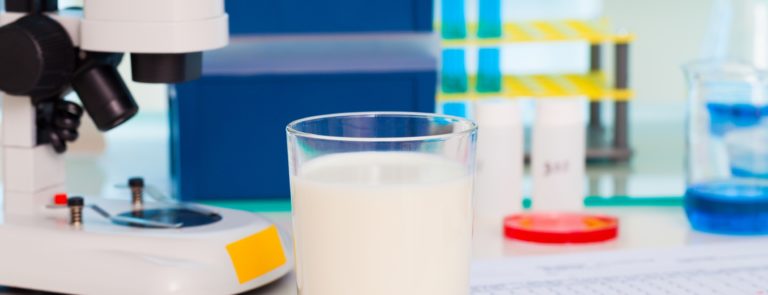
We know cows aren’t exactly the best for the environment. Each year a single cow will belch just under 100 kilograms of methane. Roughly 15 percent of Australia’s greenhouse gas emissions come from our agricultural sector, and cattle and sheep are responsible for around three-quarters of that.
Lab-grown meat was a big step in overcoming the cow issue. US start-ups like Beyond Meat are now worth billions of dollars and have the likes of Kim Kardashian backing them. But already studies comparing the environmental impacts of the animal-free industry to the existing dairy industry show a different story.
Research by US and Swedish universities have found that the carbon and water usage footprint of the precision fermentation method is similar to that of their dairy equivalent.
Take almond milk for example, which is notorious for its excessive water usage. It takes 23 gallons of water to make just one glass of almond milk. And just like plant-based milk costs more for our coffee order, making lab-grown milk affordable is another big hurdle that companies face.
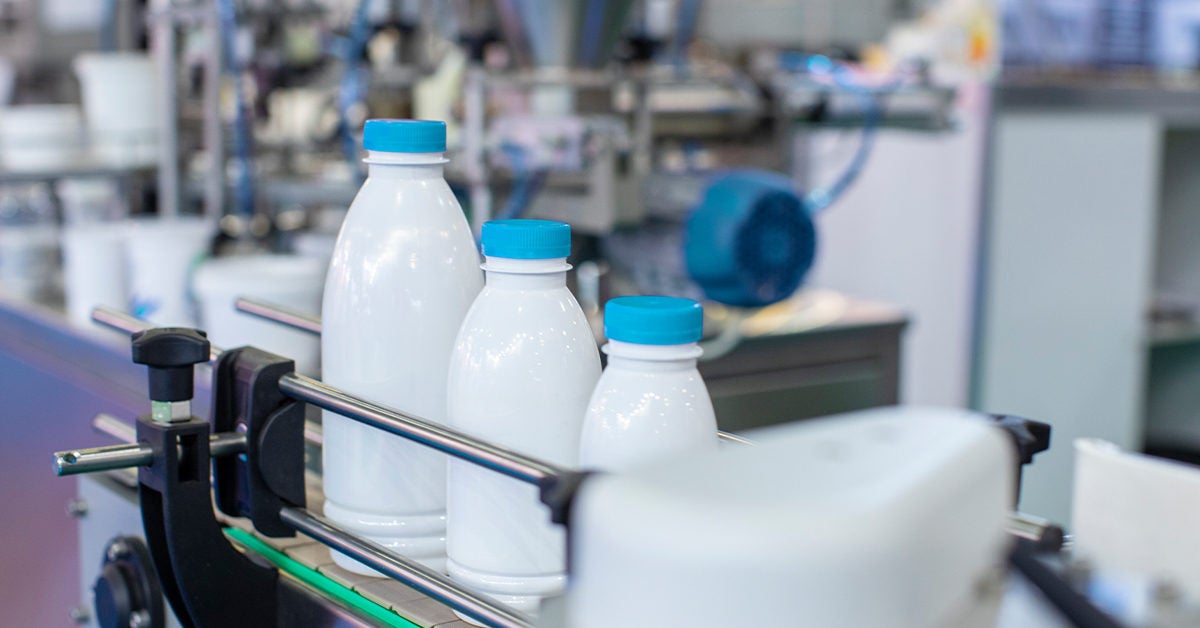
The synthetic milk industry would have to grow exponentially to threaten the dairy milk industry. But on the other hand, if traditional dairy co-ops do eventually fully commit to synthetic milk, where does this leave our dairy farmers?
Ultimately, lab-grown milk has a few hurdles to overcome before it becomes the sustainable and viable alternative it has set out to be.






